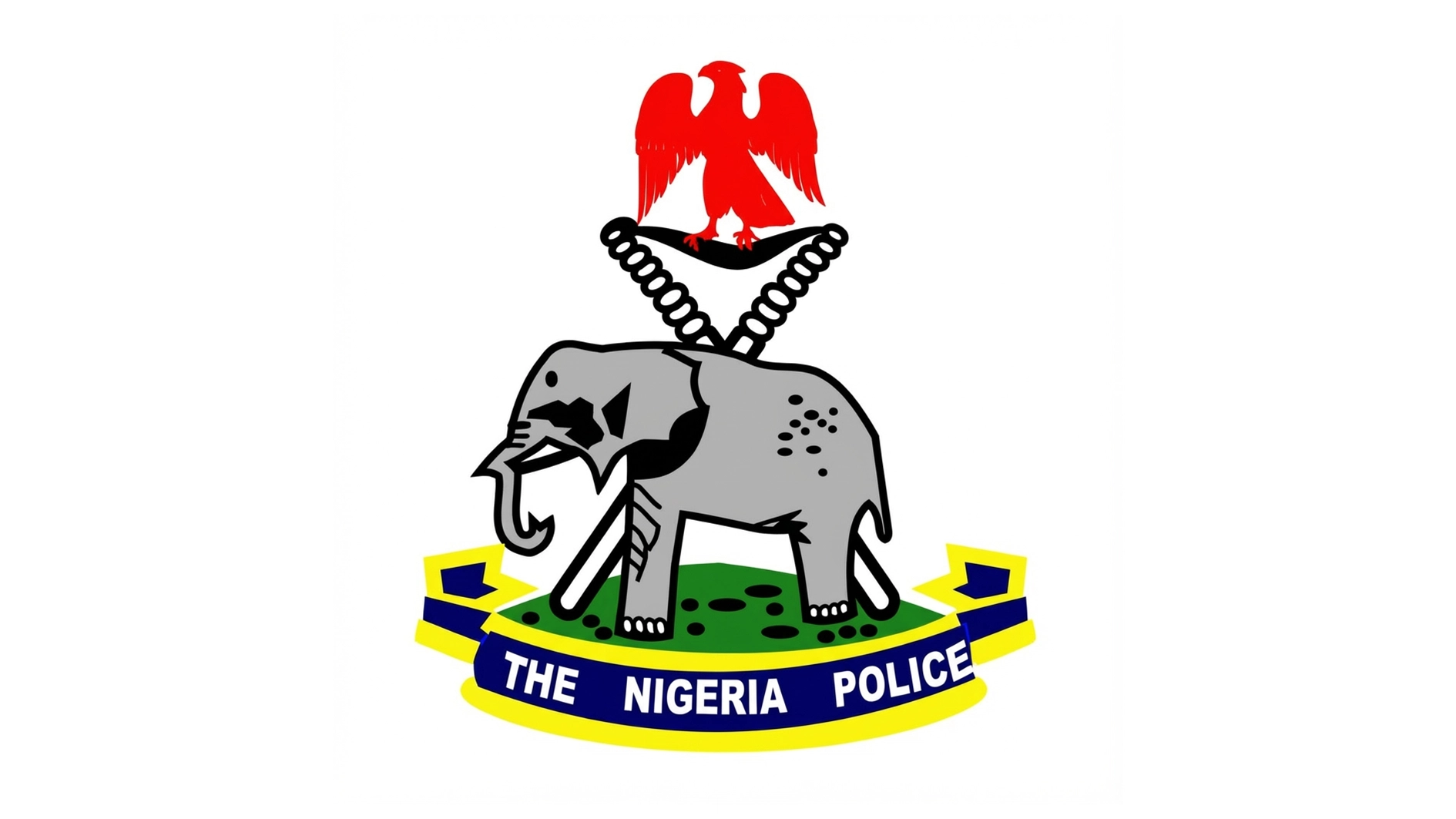The National Human Rights Commission (NHRC) has called for a national dialogue on allegations of religious genocide in Nigeria, as new data from its September 2025 Human Rights Dashboard revealed a staggering 371,622 complaints of rights violations across the country.
The Executive Secretary of the NHRC, Dr. Tony Ojukwu, SAN, disclosed this on Monday in Abuja during the presentation of the Commission’s monthly human rights situation report, describing the figures as “reflections of lost lives and shrunk liberties.”
According to NHRC data, the North Central region recorded the highest number of cases, with 153,967 complaints, followed by the North West with 73,167 and the North East with 69,973. States most affected include Niger, Kwara, Plateau, Kogi, and Borno, where the Commission reported multiple layers of violence and insecurity.
Dr. Ojukwu said the violations cut across issues such as unlawful arrest and detention, domestic and sexual violence, torture, discrimination, and denial of access to justice.
“In September, the Commission received one of the highest numbers of sexual violence cases, including the defilement of minors and rape of young persons. This has become a worrisome trend, even within families,” Ojukwu said.
The NHRC boss also addressed the ongoing national debate on alleged religious genocide, noting that the Commission has documented attacks on places of worship and religious leaders in at least seven states.
“The Commission is aware of the recent conversations on whether or not there exists a form of religious genocide in Nigeria. We believe the situation presents an opportunity for a national conversation on the right to freedom of religion, conscience, and thought—the invisible glue that holds the fabric of Nigeria,” he stated.
“As Nigeria’s National Human Rights Institution, we are ready to lead in this conversation, and we call on government, non-state actors, and development partners to join us.”
The NHRC’s Human Rights Observatory for September also highlighted widespread violations of the right to life, largely due to banditry, terrorism, kidnappings, and criminal attacks across several states. Ojukwu lamented that systemic impunity and weak accountability continue to fuel human rights abuses nationwide.
“Our findings reinforce that the right to life and personal security remain under serious threat. These data should guide interventions and direct resources to communities under siege and survivors in need of redress,” he added.
Dr. Ojukwu thanked development partners, including the United Nations Development Programme (UNDP), the Office of the High Commissioner for Human Rights (OHCHR), and the Royal Norwegian Government for their continued support through the Tripartite Partnership Programme (TPP).
He urged stronger collaboration among government, civil society, and the media to uphold the rule of law and protect human dignity across the country.






